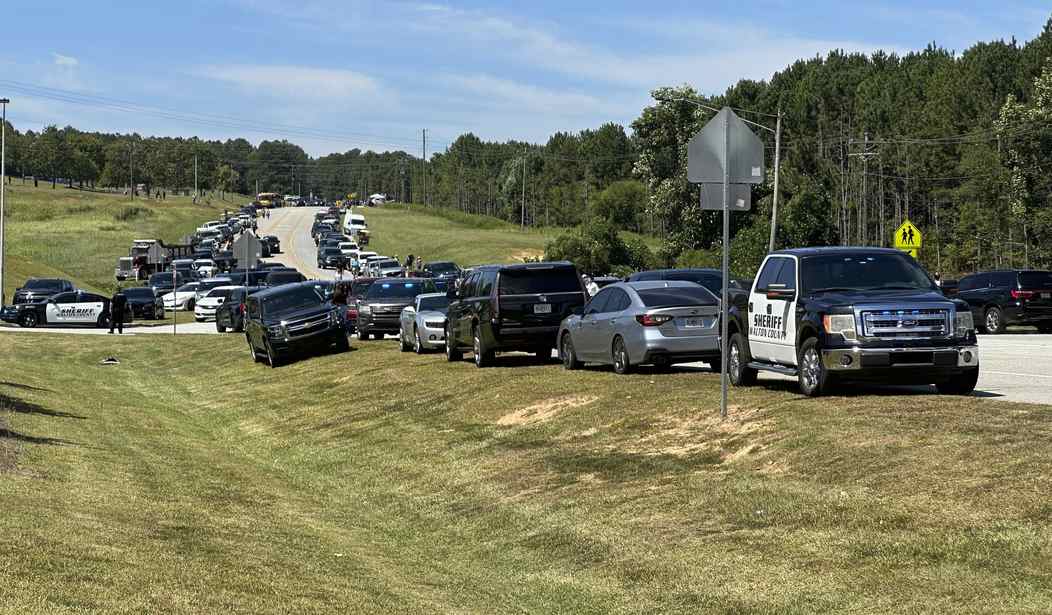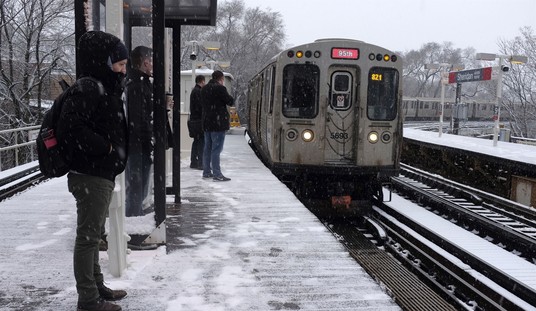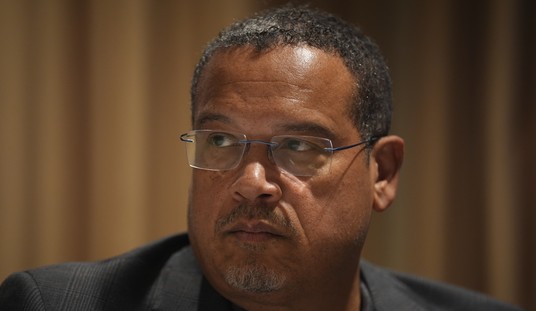The world sure feels angrier than it did when I was a kid.
It's not that people didn't get angry when I was in school or anything. Everyone got angry and they typically got angry about many of the same things people get angry about now. Politics, religion, money, relationships, and so on could spark an argument at the drop of the proverbial hat.
Yet we didn't stay angry. People didn't seem to keep being angry.
And it seems that one common thread in most mass shootings is, in fact, anger.
That's not just me talking, either. That comes from a 2020 study that looked at the issue of mass shootings.
Abstract
As mass shootings increase in frequency, they continue to baffle public officials and the media who often portray such incidents as random and senseless acts of violence. Abundant evidence points to a co-occurrence or association of violence and anger; yet, anger is inadequately examined in mass shootings.
Objective
This study was designed to determine the presence of anger in US mass shootings between 2000 and 2015, the elicitors of such anger, and aspects of the expression of such anger.
Method
The Stanford MSA database was accessed for information on these variables. A total of 132 cases were evaluated by two independent judges using a coding system for presence/absence of anger, elicitors of anger, and dimensions of anger expression. Kappa coefficients were computed to establish reliability of judgments. The Chi-square tested whether a statistically significant number of mass shootings evidenced anger.
Results
Clear presence of anger was identified in 70% of cases (p < .001) the majority of whom were demographically similar in age, sex, and race. Most common elicitors were abandonment/rejection (38%) and insults/affronts (34%) whereas the least common was physical assault (5%). In most cases, the anger expression was regarded as controlled (80%), externalizing (72%) and punitive (81%). Inter-judge reliability ranged from κ = 0.80–0.97.
Conclusions
Findings indicate a high prevalence of anger in mass shootings and the predominantly psychological rather than physical provocation therein. The modal expression style does not suggest random and senseless acts but relatively controlled behavior intended to inflict serious harm in retaliation for perceived wrongdoing. These features of anger and demographics of mass shooters warrant consideration in risk assessment and treatment of this population.
Now, this is very important.
It also meshes to some degree with findings from other researchers who looked into the variables surrounding mass shootings, such as those noted in this LA Times op-ed from 2019. That one found that most mass killers experienced some kind of childhood trauma, hit some kind of crisis point, had the means to carry out the attack (which is kind of a no-brainer, really, but is really just included to make an anti-gun point), and sought validation for their actions.
All of that meshes with the idea of an enraged individual who can't cope with their anger productively or effectively.
Yes, that op-ed pushes gun control, but that would just push these broken people into committing mass murder in some other way. That's not overly helpful, now is it?
So we have people who experienced some kind of childhood trauma and then hit a crisis point. When people experience that kind of trauma and then find themselves in crisis, they don't know how to deal with their emotions. That means they become enraged about it and then think they're the righteous ones.
But the thing is, this isn't new. People have experienced trauma as kids since the dawn of time. I sure did, and while I was far more likely to get angry during my school years, as most of my graduating class can attest, I didn't generally act on that anger.
Here is where, I think, the dual specter of the 24-hour news cycle and social media play a role.
See, back in my childhood years, I could come home and while everything wasn't perfect there, I still could more or less calm down. Couple that with my pathological inability to really hold a grudge against most, and you end up with a recipe for positive outcomes.
But today, people don't really get away from things.
If the news is enraging them, it's not just from 6:00 to 7:00 between local and national news broadcasts. It's on all day, every day. No one has to watch, admittedly, but the people most likely to get that worked up by the news are also those who are most likely to seek it out on a constant basis.
With social media, it's kind of the same thing. Whatever it is that is angering you is not only there, but it's now interactive. Rather than yelling at the TV, you can "yell" at someone saying pretty much the same things, only they get to "yell" back. This builds and builds.
Ordinarily, this is something most of us can cope with, but a damaged person--and I say this as someone with my own childhood trauma, for the record--who then experiences some kind of crisis may not be able to cope.
What does that mean for stopping mass shootings?
Well, it gives us a clue what to look for. People who are friends of such people can act by simply saying, "Hey, let's go do something fun and get away from the stresses of the world for a while." Maybe go fishing or hang out at a coffee shop and tell each other funny stories, whatever. Counseling would be better, of course, but there's no reason you can't suggest both.
I don't know, I'm mostly just spitballing here.
But we do know that rage is a common factor, and that's something we can look for. We can keep an eye out for it and then try to get the person experiencing rage some help. Then we can stop mass murders in totality and not just push them to use another method while the rest of us have to suffer under laws that didn't stop jack.








Join the conversation as a VIP Member